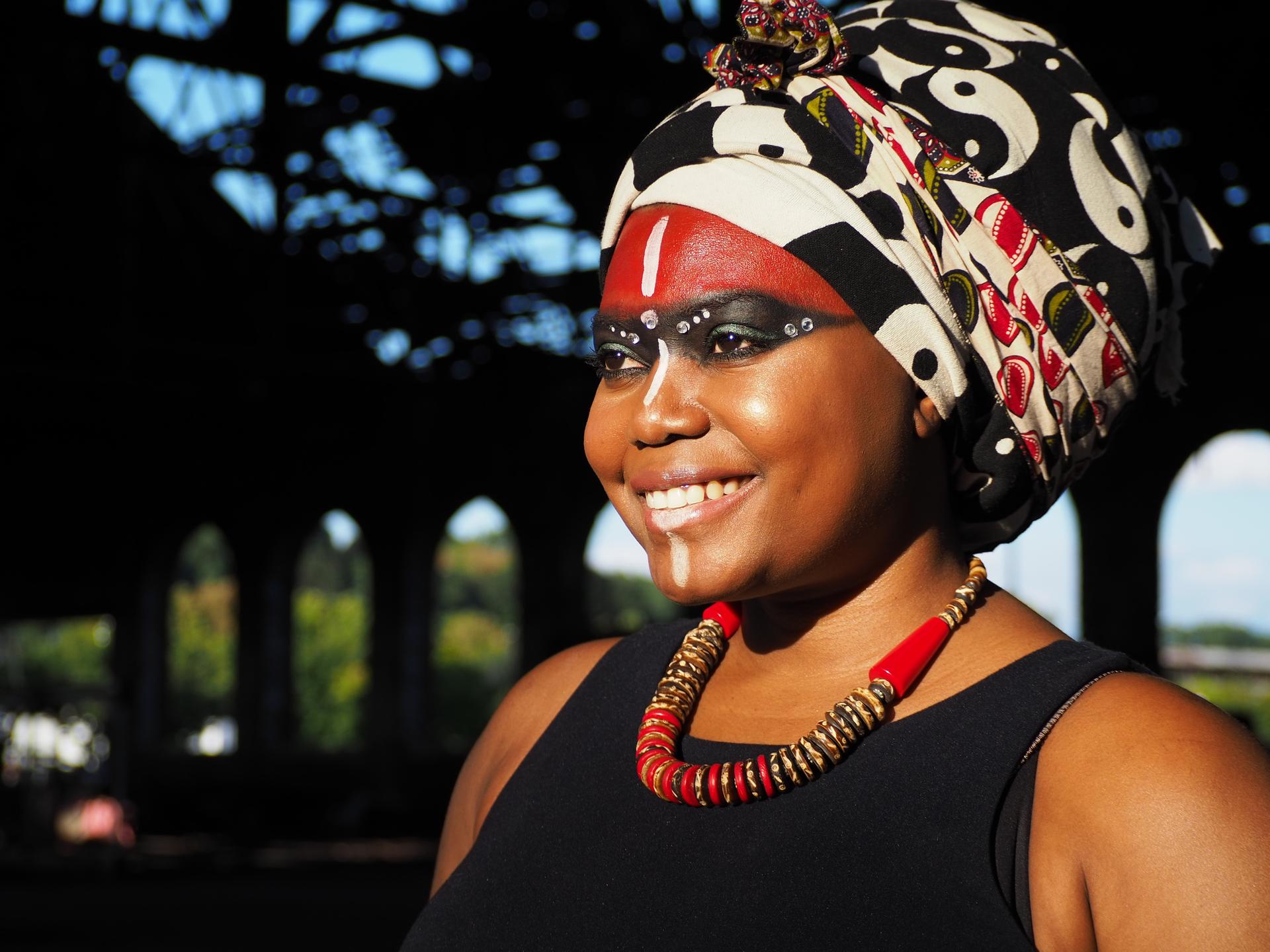Ugandan rapper Sarah Tshila says there’s hope in a world of crisis.
Sarah Tshila didn’t grow up in a musical family in Uganda.
Tshila has lived in the US since 2014, but she discovered music through listening to the radio, and in 1998 one of the biggest artists was American musician Lauryn Hill.
Looking back at that time, Tshila says, “Her music was very different from everything else playing on the radio … listening to Lauryn Hill was just very, you know, it was transformative for me.”
The album was “The Miseducation of Lauryn Hill,” and it was one that helped change Tshila’s direction in life. This college graduate with a degree in computer science decided to become a musician.
“Music can be used not just to have a good time, but it can be used to make a change. It can be used to touch people’s hearts, and it can be used to educate and let them know what your situation is like.”
And like Lauryn Hill, Tshila wants her music to say something important. “Music can be used not just to have a good time, but it can be used to make a change. It can be used to touch people’s hearts, and it can be used to educate and let them know what your situation is like,” she says.
Tshila’s latest album is about “the current state of affairs in the world.” It’s called “World in Crisis” and is “basically [about her] experiences with the world being in crisis at the current moment.”
One of the earliest songs written for the album was “Revolution Now.”
“I found that by rapping or rap singing, I would probably have a better chance of saying a lot more and properly expressing myself on those issues than just singing a melody.”
“That’s a song that speaks about, you know, all ills of society today. I found that by rapping or rap singing, I would probably have a better chance of saying a lot more and properly expressing myself on those issues than just singing a melody.”
“World in Crisis” is a carefully constructed album.
There’s an arc to it. “The way I laid out the album was that I wanted to first, you know, speak my mind … lay out all the issues, and then as the album progresses, you get a sense of ‘OK so what do we do about it?'” explains Tshila. “The album progresses into a more hopeful note … into a more melodic, more soothing, more calm feeling of ‘OK, there’s hope.'”
